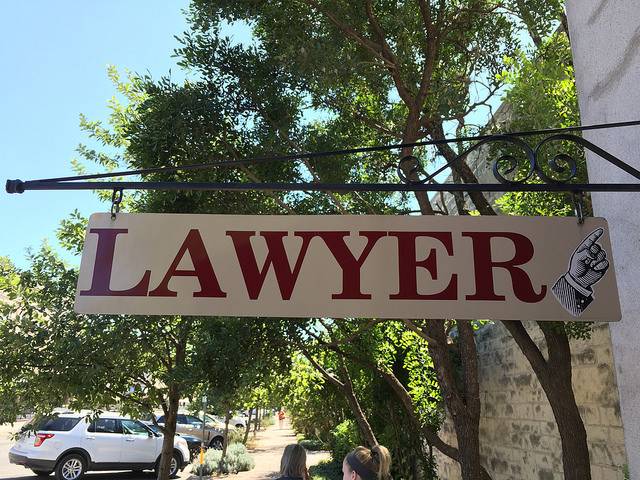
Most investors like to believe they live in an ideal world. They’ve generated a consistent line of income for the past several years, they’ve seen a steady history of returns on their investments, and maybe they’ve even weathered a significant economic downturn or two. Unfortunately, no matter how well-prepared you are or how good your insurance policy is, a major accident could set you back significantly—and unexpectedly as well.
Main Sources of Damage
You may be wondering how this could happen. After all, isn’t insurance—vehicle, medical, or otherwise—supposed to take care of the finances?
Claim up to $26,000 per W2 Employee
- Billions of dollars in funding available
- Funds are available to U.S. Businesses NOW
- This is not a loan. These tax credits do not need to be repaid
This is true, but there are some complications here:
- Leftover medical costs. Most insurance policies have an upper threshold on medical claims you can make in a given period, plus a copay that you’re responsible for every time you pay the doctor a visit. Depending on the quality of your insurance package, this could still leave you responsible for thousands of dollars of treatment costs (or more).
- Uncovered damages. There are some types of damage that may not be covered by insurance. For example, if you lost significant assets in the crash, they may not be replaceable. This, too, depends on the strength of the operative policy.
- Delayed compensation. Depending on the circumstances, and the insurer you’re using, it may take several weeks for your insurance checks to come to you. This delay is going to put an additional burden on your cash flow, at least temporarily.
- Work interruption. Possibly worst of all, while you’re incapacitated in the hospital or dealing with the fallout of the accident, you won’t be able to work normally. That means you may not be able to collect a steady paycheck from your employer.
How to Recover
So what can you do?
- Get legal help. First, you’ll want to contact an attorney, preferably one that specializes in motor vehicle accidents. If another party was responsible for the accident and they aren’t already compensating you, legal action can help you get the money you need to cover the bills and recover peacefully.
- Understand how your insurance works. Do some digging to figure out exactly how your insurance is working (and how it’s supposed to work). Insurance policies can be complicated, but with a few phone calls, you can quickly figure out what you’re responsible for, how much you can expect to be covered, and what to do if there’s a significant gap.
- Tap into your emergency fund. If you’re a serious investor reading this article, it’s not a stretch to say you probably have an emergency fund set up. If you do, now is the time to tap into it; this is exactly the type of situation it was intended for. If you need to, consider selling some of your other assets (like stocks and index funds) to cover your expenses, but these should be secondary to your first line of emergency revenue.
- Do whatever work you can do. While you’re not able to perform at your main job, consider taking on some side work that you can do. For example, if you’re a computer programmer, you can consider working on some odd jobs from the comfort of your bed. If you’re a writer, you can write a few articles a day as a freelancer. Every bit of income you make here will offset your losses, so pick up what you can.
- Rely on family and friends. Your family and friends are there to support you during this difficult time, so don’t be afraid to ask them for support. They’ll likely be able to help you with some of your basic tasks and responsibilities, such as making you dinner or picking up groceries from the store while you’re injured. Otherwise, they can at least give you emotional support (which can’t be overestimated in terms of importance to recovery).
- Gradually readjust to your life. Finally, work gradually to readjust to your new life. Your injury may require weeks of healing, or may permanently reshape the physical limits of what you can do. Don’t rush back to work either way; instead, take the time to gradually readjust.
It may take some time for you to restore what you lost in the accident, but there’s nothing that can permanently keep you from achieving your financial goals. Psychologically, an accident like this can be devastating, so try to focus on recovery more than the cost of what you’re going through; you’ll have time to worry about the practical expenses later.



